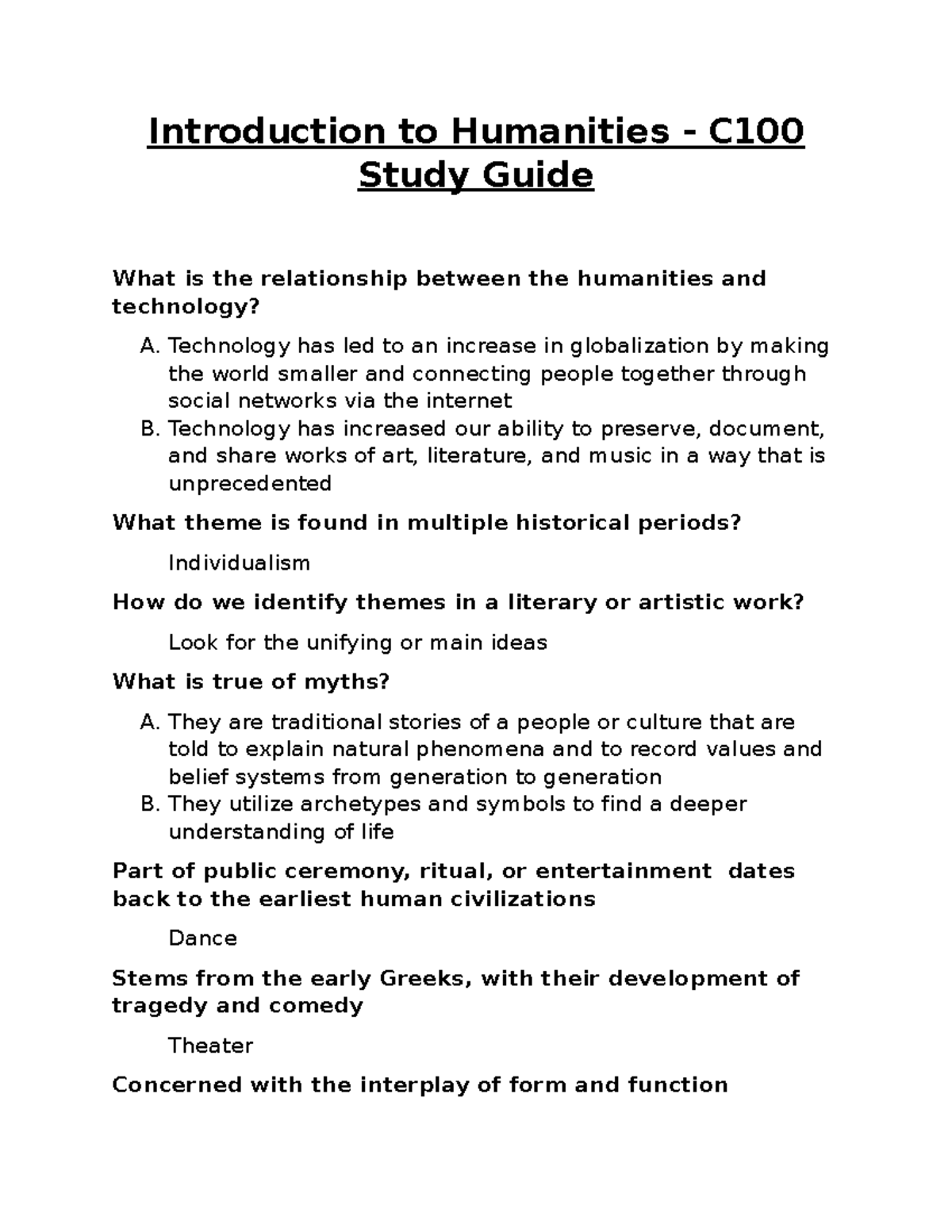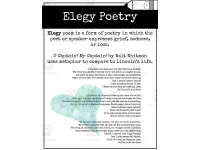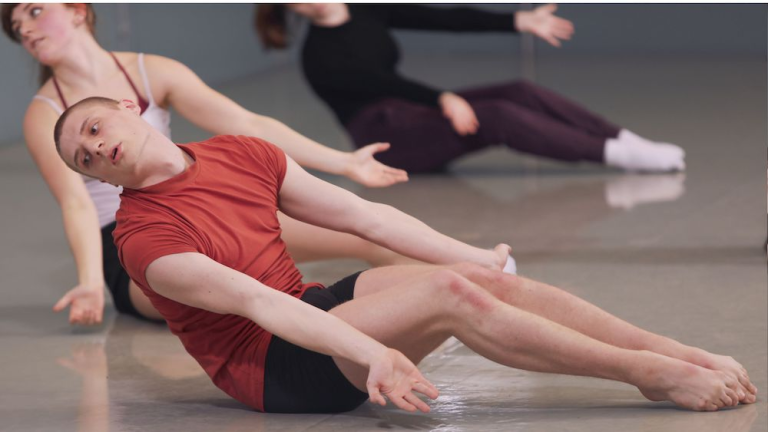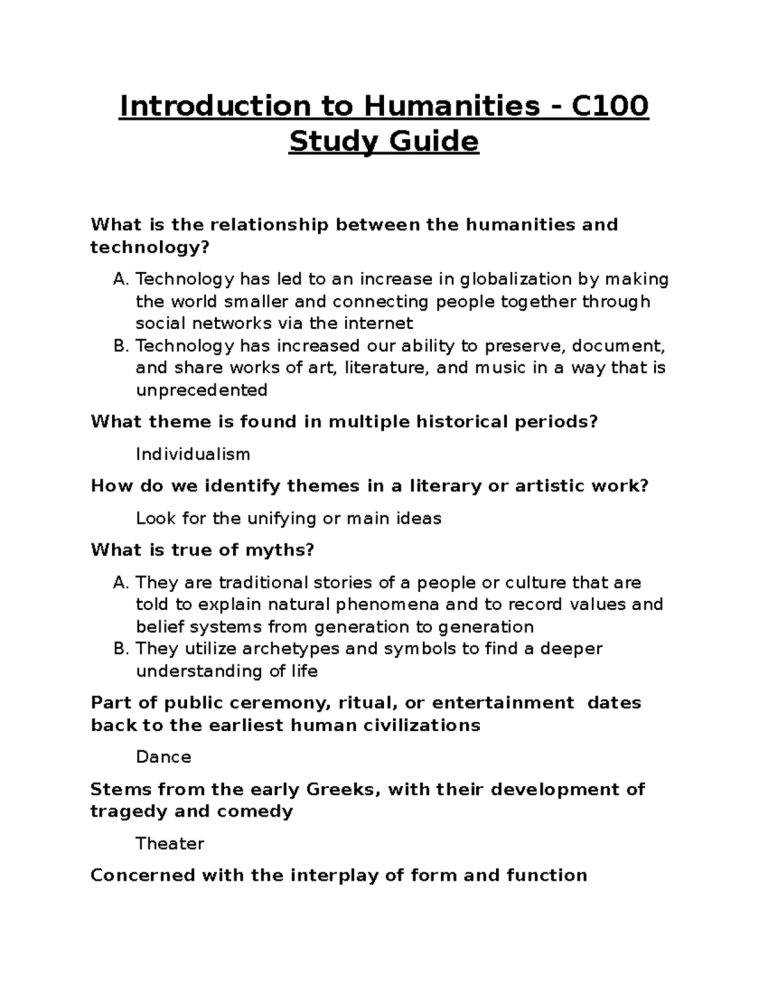
Introductory humanities courses serve as the gateway for first-year students to engage with the rich tapestry of human experience through art, literature, and philosophy. With a decline in humanities enrollment nationwide, these courses are crucial in reigniting interest among new learners. The courses not only encompass traditional studies but also explore modern themes, all while underscoring the intrinsic value of understanding culture and creativity. Innovative offerings in the first-year curriculum are designed to meet students where they are, striving to nurture a lifelong passion for the arts and humanities. By immersing themselves in these subjects, students will discover the connections that bind us all as human beings, making these foundational courses vital to any comprehensive education.
As they embark on their academic journeys, first-year college students encounter a diverse array of arts and humanities classes, which provide essential insights into the human condition and creative expression. Alternately referred to as foundational humanities studies, these initial courses offer vital platforms for students to explore topics such as literature, art history, and cultural theory. Increasing participation in such programs is becoming a focal point for many educational institutions aiming to cultivate a broader appreciation for the humanities. These classes are not solely designed to boost enrollment figures, but rather to foster an engaging environment where students can critically engage with significant humanistic themes. Ultimately, participating in first-year humanities courses not only enhances one’s educational experience but lays the groundwork for meaningful lifelong learning and reflection on societal dynamics.
Engaging First-Years Through Innovative Humanities Courses
To attract and retain new students in the humanities, colleges are reimagining their approach to introductory humanities courses. By introducing innovative curricula that directly engage students’ interests, institutions aim to inspire first-years who might otherwise shy away from these fields. This initiative not only seeks to boost humanities enrollment but also to reshape students’ perceptions of the value of their studies, counteracting trends showing declining interest in the arts and humanities.
These new courses are crafted to be relevant and resonate with today’s students. For example, courses like ‘Introduction to the Medical and Health Humanities’ or ‘Migration and Border Crossing in Film and Photography’ address contemporary issues that are important to young people’s lives. By grounding the curriculum in real-world relevance and pairing it with compelling teaching methods, colleges hope to captivate students’ imaginations and emphasize the importance of critical thinking and creativity in their education.
The Importance of Arts and Humanities in College Education
Arts and humanities courses play a critical role in broadening students’ understanding of cultural contexts and human experiences. By engaging with complex texts and ideas, students learn to question their surroundings and consider diverse perspectives, skills that are invaluable in any career. This experiential learning approach is designed to highlight the connections between literature, philosophy, and creative expression, underscoring how these fields contribute to personal growth and a deeper understanding of the world.
Inclusion of creative writing classes and literature courses within the first-year curriculum allows students to explore their own voices and narratives. The opportunity to read influential works while concurrently developing their writing crafts equips first-years with the confidence and tools needed for effective communication. This focus is not just an academic exercise; it fosters empathy and critical inquiry, cornerstones of a well-rounded education.
Countering Enrollment Declines with Engaging Course Design
The decline in enrollment in arts and humanities courses across colleges has prompted a reconsideration of course design and delivery. Many students entering college with an interest in these fields find themselves overwhelmed by traditional approaches that may not resonate with their experiences or interests. As part of an effort to combat this trend, educators are creating courses that are dynamic, collaborative, and relevant, ensuring that students remain engaged from the start.
Innovative course offerings like those developed by faculty in the arts and humanities embrace a variety of teaching methods and topics that reflect contemporary issues. For instance, utilizing multimedia content, peer collaboration, and interactive discussions helps reinforce the relevance of humanities studies today. By adapting to the changing landscape of student interests and encouraging active participation, these courses aim to create a vibrant environment for learning that inspires first-years to embrace humanities.
Exploring the Connection Between Creativity and Critical Thinking
In today’s rapidly evolving world, the intersection of creativity and critical thinking is increasingly important. Humanities courses that incorporate creative writing and literary analysis demonstrate how both skills are essential in disciplines ranging from literature to performance arts. As students navigate through varied texts and genres, they learn to analyze, interpret, and express ideas in compelling ways, contributing to their overall academic development.
By participating in workshops and discussions centered around creative writing classes, students enhance their abilities not only to craft narratives but also to think critically about the stories they want to tell. This dual focus provides students with a comprehensive skill set that prepares them for diverse career paths, emphasizing the importance of self-expression and the analytical skills required to navigate complex narratives in the real world.
Building a Collaborative Humanities Culture on Campus
Initiatives to enhance the humanities experience at colleges include fostering a collaborative culture among students and faculty. By bringing together diverse perspectives and encouraging interdisciplinary connections, colleges can create an environment that celebrates creativity, critical thought, and the exploration of human experiences. This collaborative spirit aids in showcasing the inherent value of humanities studies, reinforcing their relevance in understanding the complexities of modern society.
Creating platforms for students to share their work, such as publishing creative pieces or hosting discussions around philosophical texts, encourages community engagement and collaboration. By actively involving students in the formation and presentation of their ideas, colleges are not just retaining enrollment but also nurturing a lifelong appreciation for the arts and humanities.
Adapting to Student Needs in the First-Year Curriculum
Understanding the evolving interests of incoming college students is vital for designing an engaging first-year curriculum. Faculty at institutions like Harvard are tailoring introductory courses specifically to connect with students’ backgrounds and aspirations. By focusing on topics that resonate with students—such as technology, identity, and social justice—colleges aim to create a welcoming atmosphere that encourages exploration in the humanities.
The introduction of themes pertinent to modern students highlights the ability of the humanities to address current societal challenges. Courses that integrate contemporary issues into traditional frameworks allow students to see the practical application of their studies, thereby aligning educational objectives with personal growth. This responsive approach not only makes the curriculum more engaging but also helps students to form lasting connections with the disciplines.
Understanding the Value of the Humanities Initiative
The Humanities Initiative serves as a framework for revitalizing interest in the arts and humanities, promoting courses that emphasize both intrinsic value and real-world applicability. The initiative endeavors to showcase the importance of a holistic education that encompasses the arts, literature, and philosophy, underlining their role in developing well-rounded individuals who are prepared to engage thoughtfully with the world.
Through innovative teaching methods and course offerings, the initiative aspires to attract and retain a diverse student body passionate about humanities studies. By positioning the humanities as not just an academic discipline but as essential to understanding the human experience, colleges can inspire a new generation of thinkers and creators who appreciate the arts’ transformative power.
Innovative Course Offerings to Spark New Interest
The introduction of new and engaging courses is essential to countering the declining enrollment in arts and humanities programs. Colleges are responding with innovative electives that pique students’ interest, prompting them to explore areas they may not have considered before. By offering unique perspectives on traditional subjects and connecting them to contemporary issues, these courses encourage students to appreciate the humanities within a larger context.
Courses that incorporate modern technology, visual arts, and performance are particularly effective in attracting first-year students who might be more engaged with visual and interactive content. This aligns with broader educational trends where interdisciplinary studies foster creativity and invite discussion. By staying attuned to what captures students’ attention, colleges can promote lasting interest and involvement in humanities studies.
Encouraging Lifelong Engagement with the Humanities
Encouraging first-year students to see the humanities as a relevant and engaging field can lead to a lifelong appreciation for these disciplines. With a curriculum that sparks curiosity and inspires creativity, students are more likely to view their coursework through the lens of personal relevance. The proactive approach taken by humanities departments is designed to instill a sense of belonging and investment in these areas of study.
Moreover, emphasizing the idea that the skills acquired through humanities studies—like critical analysis, effective communication, and cultural understanding—are applicable beyond academia builds a foundation for future endeavors. By nurturing both a love for the arts and the capabilities to engage with diverse perspectives, colleges foster graduates who contribute meaningfully to society.
Frequently Asked Questions
What are introductory humanities courses and why are they important for first-year students?
Introductory humanities courses are designed to engage first-year students with foundational concepts in the arts and humanities. These courses explore critical topics like literature, philosophy, and cultural studies, helping students develop critical thinking and analytical skills. They are essential for fostering a deeper understanding of human culture and thought, which benefits students across various disciplines.
How can I enroll in arts and humanities courses at my college?
To enroll in arts and humanities courses, you typically need to consult your college’s course catalog or academic advisor. Registration usually occurs prior to the start of the semester, and you may also have to fulfill prerequisites. Many colleges offer a variety of introductory humanities courses, making it easier for first-year students to find classes that pique their interest.
What are the benefits of taking creative writing classes as part of the first-year curriculum?
Taking creative writing classes as part of the first-year curriculum offers numerous benefits, including enhanced writing skills, improved storytelling abilities, and greater confidence in self-expression. These courses also encourage students to engage with literature critically and creatively, providing a strong foundation for further studies in humanities and beyond.
How have introductory humanities courses evolved to attract more students?
Introductory humanities courses have evolved through innovative curriculum design and a focus on engaging, contemporary topics. By addressing students’ interests in relevant themes, such as technology, migration, and identity, these courses aim to rekindle enthusiasm in the humanities and counter declining enrollment trends.
What initiatives are colleges implementing to increase humanities enrollment among first-year students?
Colleges are implementing various initiatives to increase humanities enrollment, such as introducing new introductory courses, promoting interdisciplinary studies, and emphasizing the intrinsic value of the humanities. These efforts are aimed at creating a more engaging and appealing environment for first-year students to explore the arts and humanities.
What types of topics are covered in introductory humanities courses?
Introductory humanities courses cover a range of topics, including literature, philosophy, history, art, and cultural studies. They often focus on essential questions of human existence, explore significant texts, and encourage analytical thinking about the human experience. Students can expect to engage with fundamental concepts that shape our understanding of culture.
Can taking introductory humanities courses influence a student’s major choice?
Yes, taking introductory humanities courses can significantly influence a student’s major choice. These courses provide insight into various fields within the humanities, allowing students to discover their passions and interests, which can lead them to declare a major that aligns with their newfound aspirations.
What role do professors play in reshaping introductory humanities courses?
Professors play a crucial role in reshaping introductory humanities courses by designing engaging curricula that resonate with first-year students. Their expertise and innovative approaches, such as integrating contemporary issues and fostering discussions about human experiences, are key to making these courses appealing and relevant.
What is the significance of humanities initiatives in higher education?
Humanities initiatives in higher education are significant because they aim to revitalize student interest in the arts and humanities, promote interdisciplinary learning, and highlight the importance of critical thinking and cultural literacy. These initiatives foster a deeper appreciation for human creativity and thought, both essential for a well-rounded education.
| Key Point | Details |
|---|---|
| Introduction of New Courses | Nine new introductory courses in the Division of Arts and Humanities for 2025-2026. |
| Rethinking Engagement | Courses aim to re-engage first-year students who often shift away from humanities. |
| Inspiration from Successful Initiatives | Philosophy department increased concentrators by focusing on fundamental human questions. |
| Critical vs. Creative | Courses like ‘Reading for Fiction Writers’ combine analytical and creative aspects of literature. |
| Intrinsic vs. Instrumental Value | Courses aim to highlight the inherent value of humanities beyond career preparation. |
Summary
Introductory humanities courses are pivotal for engaging students in critical thinking and the exploration of human culture. The new initiative at Harvard reflects an essential shift in how such subjects are approached, seeking not only to increase enrollment but to instill a deep appreciation of the humanities. By introducing innovative courses, faculty aims to connect students with timeless questions about existence and society, thus fostering a rich learning environment that values the narrative and critical analysis of our world.



